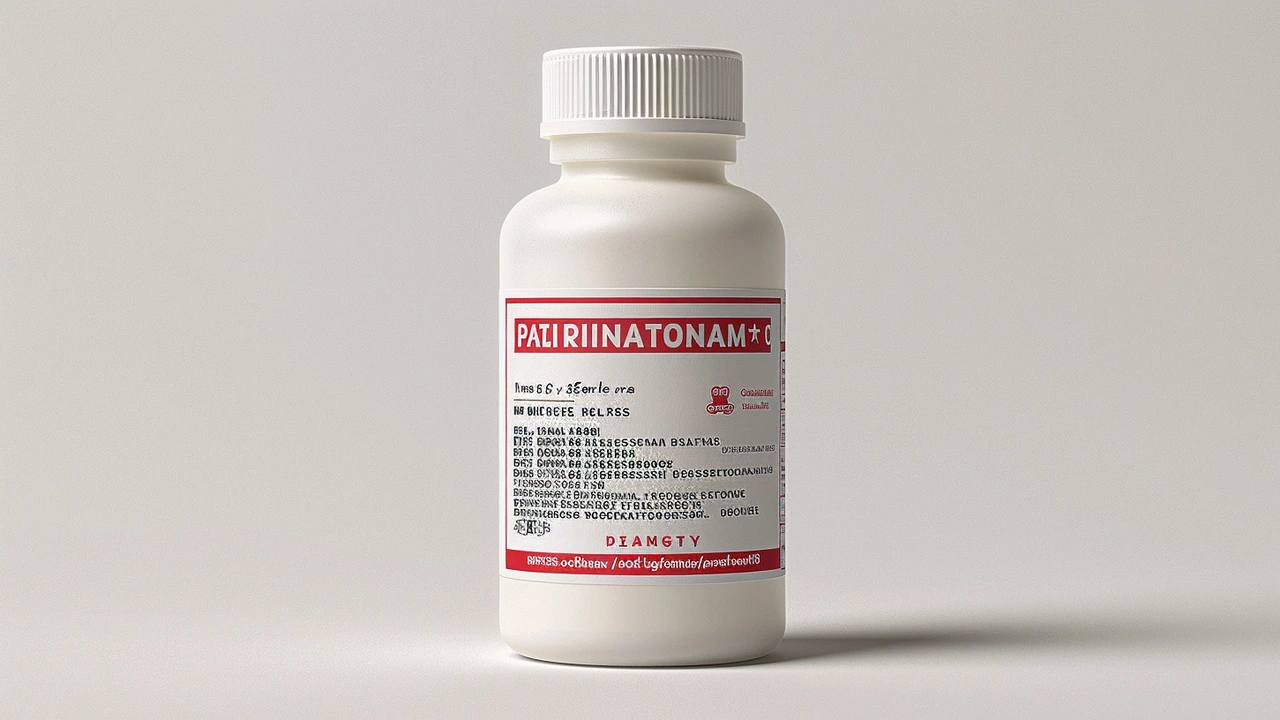Oral Suspension — how liquid medicines work and how to use them safely
Oral suspensions are liquid medicines made by mixing a powdered drug with water or a special liquid. They’re common for kids, people who can’t swallow pills, and drugs that don’t stay stable in tablet form. The idea is simple: the active drug is suspended in liquid so you can give an accurate dose by volume.
How oral suspensions work and what to watch for
Many antibiotic powders (like amoxicillin) or cough syrups come as reconstituted suspensions. When you add water the label tells you how concentrated the mixture becomes (for example, 250 mg per 5 ml). That concentration matters — always check mg per ml so you don’t mix up doses.
Shake every time. The drug particles settle fast. A quick, firm shake makes sure each dose has the right amount. Smell and color changes can mean spoilage; if it smells off or separates into odd layers that don’t mix after shaking, throw it away.
After mixing, note the expiry. Many reconstituted suspensions last 7–14 days in the fridge, but some last longer at room temperature. The pharmacy label should say. Don’t keep extra medicine “just in case” — potency drops and contamination risk rises.
Practical safety tips for dosing and storing
Use an oral syringe or the marked dosing cup that came with the medicine. Household teaspoons are unreliable and often lead to under- or overdosing. Draw the exact ml from the syringe and give it directly into the mouth or mixed with a small amount of water or juice if the label allows.
Never crush extended-release or enteric-coated tablets to make a suspension — that can release too much drug at once. If someone can’t swallow, ask your pharmacist for an appropriate liquid form or a safe alternative.
Allergies and sugar: check the ingredient list if someone has a sugar restriction or allergy. Many suspensions have sugar-free versions or sorbitol-based formulas. If in doubt, ask the pharmacist for sugar-free or low-sugar options.
Don’t share suspensions between people. Bacteria from mouths can contaminate the bottle. If a child spits into the bottle or it becomes visibly dirty, discard it and get a new supply.
Buying online? Use verified pharmacies, require a prescription for antibiotics, and check packaging for correct concentration and expiry. If cold storage is needed, confirm shipping keeps the cold chain. Avoid bottles without clear labels or dosing instructions.
If the dose seems confusing, call your prescriber or pharmacist. A quick phone call can prevent a dosing mistake. When you give the last dose, dispose of the bottle as recommended — don’t save it for “next time.” Liquid meds are convenient, but they demand careful measuring and storage to work safely.
